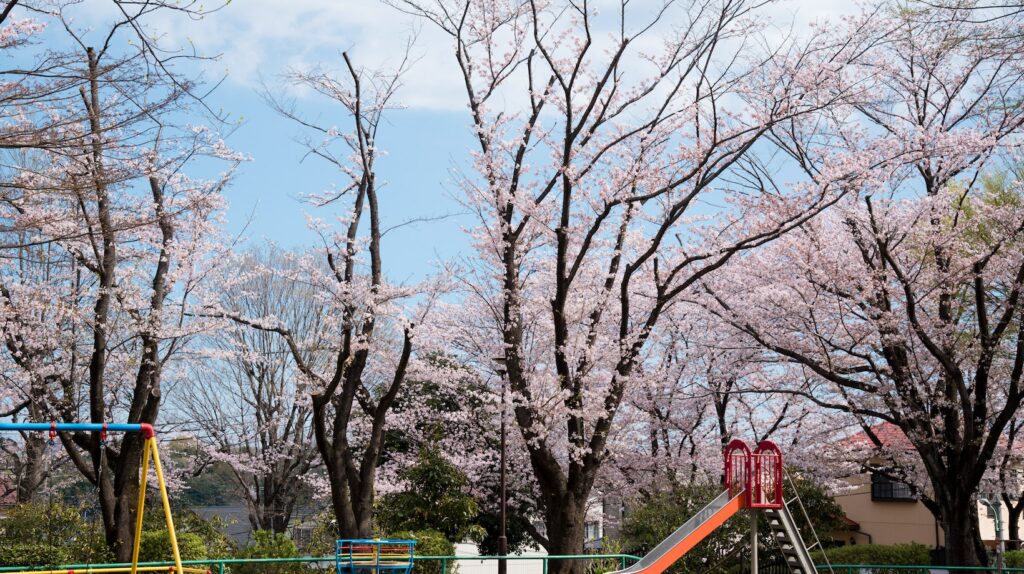Understanding the Basics of Trust for Public Land Jobs
We’re diving into the exciting world of Trust for Public Land jobs. These positions play an essential role in preserving and protecting natural resources across the United States. They offer a wide range of opportunities, from park development to policy advocacy, all with one common mission – ensuring everyone has access to green spaces.
Table of Contents
ToggleTrust for Public Land jobs aren’t just about land management. They’re about community building too. A significant part of their work involves engaging local communities, encouraging active involvement in conservation efforts. Here’s a quick snapshot of what a typical day might look like in some Trust for Public Land jobs:
- Project Managers could be overseeing ongoing park developments, ensuring they align with both community needs and sustainability practices.
- Community Outreach Coordinators might be busy planning events that raise awareness about new conservation projects or initiatives.
- Policy Advocates could be meeting with lawmakers, pushing for legislation that supports public green spaces and sustainable urban development.
In terms of qualifications, it varies depending on the specific role. However, most positions require a combination of relevant experience and education in fields such as environmental science, urban planning, or community development.
Ultimately though, passion is key when it comes to Trust for Public Land jobs. Whether you’re directly involved in land preservation or working behind-the-scenes supporting these efforts, our collective goal is making sure nature is accessible and protected – not just today but for generations to come.
Trust for Public Land Jobs
When it comes to trust for public land jobs, there’s a diverse range of professions available. We’re not just talking about park rangers and conservationists, although those are certainly important roles. Let’s delve into the types of careers you might find in this unique space.
Firstly, we’ve got the land acquisition experts. They’re crucial to our operations as they identify and secure new parcels of land for preservation or public use. These professionals often come from real estate backgrounds but have a passion for nature conservation.
Next up are our environmental scientists and ecologists. Their role is indispensable as they assess the ecological value of lands being considered for protection. They’ll study everything from soil composition to wildlife populations before making their recommendations.
On the legal side, we’ve got attorneys who specialize in environmental law. They navigate complex legislation and negotiate agreements to ensure that our activities are compliant with all relevant regulations.
We shouldn’t forget about our fundraising team either – those folks who tirelessly work behind the scenes securing grants, donations, and funding that keep us going.
And last but not least, there’s an array of administrative workers who handle everything from HR to finance – because even when you’re saving public lands, there’s still paperwork!
- Land Acquisition Experts
- Environmental Scientists & Ecologists
- Environmental Law Attorneys
- Fundraising Professionals
- Administrative Workers
Skills Required for Success in Public Land Jobs
If you’re eyeing careers in trust for public land jobs, it’s essential to hone specific skills that’ll set you up for success. These positions often need more than just a love for the outdoors; they require a robust skill set that combines technical knowledge with interpersonal abilities.
Firstly, one of the most critical skills is a comprehensive understanding of land management principles. This involves knowledge about conservation, wildlife management, and environmental laws and regulations. For instance, if we’re dealing with preserving endangered species’ habitats or maintaining trails, knowing relevant rules and best practices is paramount.
In addition to this technical expertise, strong communication skills are vital. Whether it’s engaging with local communities about conservation initiatives or liaising with government agencies about land use policies – being able to effectively convey your point while respecting others’ perspectives goes a long way in these roles.
Moreover, expertise in GIS (Geographical Information System) technology can be an added advantage as it’s often used for mapping and analyzing public lands. It’s not mandatory but definitely beneficial!
Now don’t fret if you feel like you’re lacking any of these right now! Like any job sector out there – we all start somewhere. And trust us when we say that the journey into trust for public land jobs can be incredibly rewarding should you choose to embark on it!












